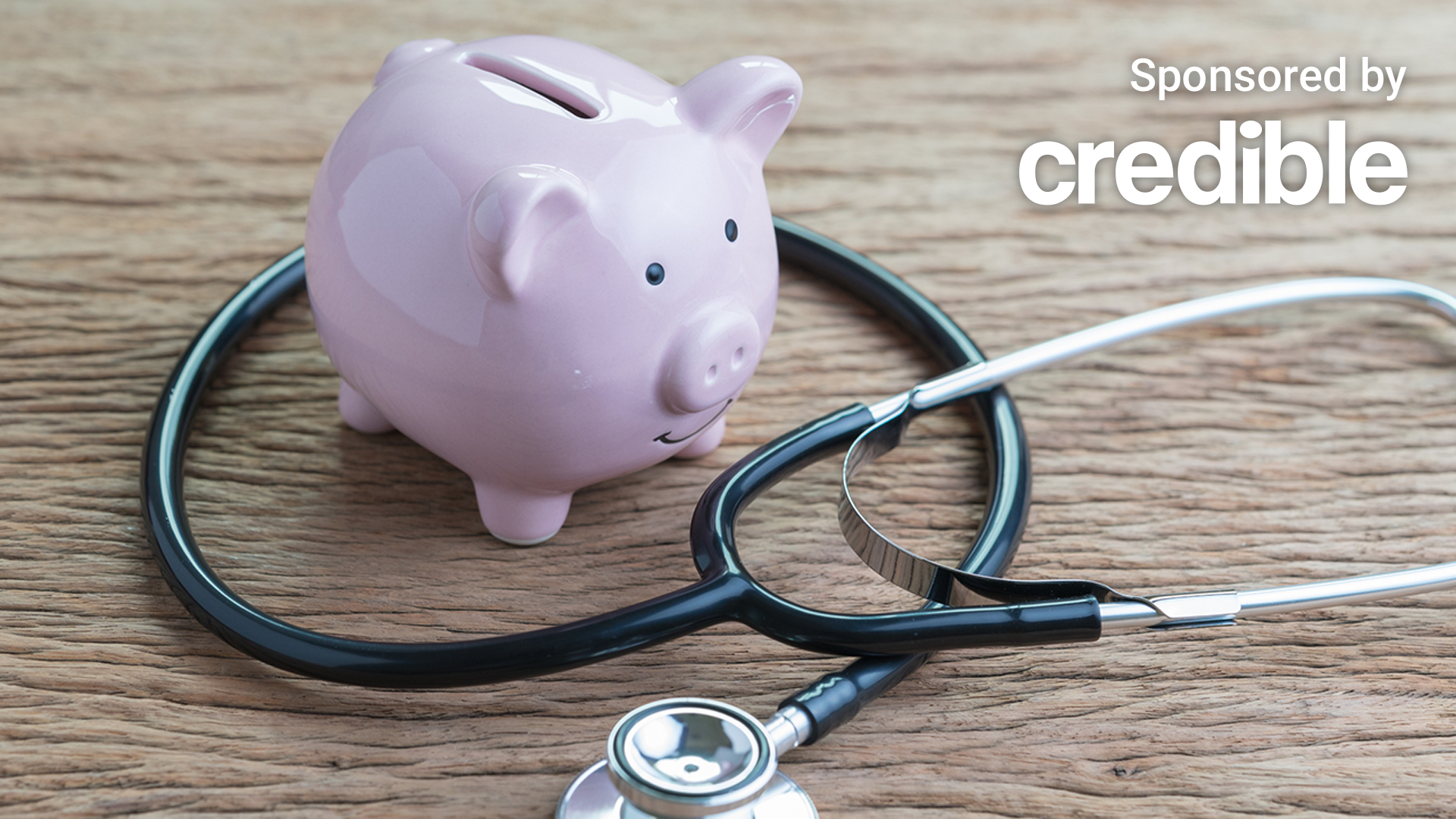Personal Finance
Americans struggle with $88 billion in unpaid medical debt: survey

Americans have over $88 billion in unpaid medical debt, and most have experienced financial setbacks because of it, a recent survey said.
Over half (57%) of American patients have been unable to pay a medical bill on time or in full, and nearly 40% have been struggling to pay off their medical debt within the past five years, according to a Tebra survey. Ninety percent said that overdue medical debt on their credit reports has likely hindered their access to credit, loans, and housing.
This ballooning unpaid debt is comes as President Joe Biden recently announced plans for Federal rules that would keep unpaid medical bills off patients’ credit reports. Seventy-eight percent of respondents to Tebra’s survey supported the initiative to remove medical debt records from credit reports.
The Consumer Financial Protection Bureau (CFPB) will be in charge of developing the new rules. If finalized, the proposal would prohibit consumer credit reporting companies from considering medical debt in credit reports. The proposal would end creditors’ ability to include medical bills to stop coercive collection practices.
“The strong support for the CFPB’s proposed medical debt credit reporting change shows a nation desiring a more compassionate approach to unpredictable debts, where patients are not penalized for unforeseen or overwhelming healthcare expenses,” Tebra said in a statement. “As the CFPB considers this vital shift in policy, it is imperative to recognize the potential relief it could offer countless individuals.”
If you are dealing with unexpected expenses, you could consider using a personal loan to pay down debt at a lower interest rate. Visit Credible to compare multiple lenders at once and choose the one with the best interest rate for you.
BUY A HOME IN THESE STATES TO GET STUDENT LOAN DEBT RELIEF
Medical debt partially excluded in some states
New York Governor Kathy Hochul signed a bill this month that prohibits credit reporting agencies like Equifax, Experian and TransUnion from factoring in medical debt in consumers’ credit reports. Colorado also excludes medical debt from credit scores, except in certain circumstances.
Last March, the three major credit bureaus – Experian, Equifax and TransUnion – began scrubbing medical debt under $500 from credit reports. VantageScore, an entity owned by the conglomerates, has stopped using medical debt in its scores entirely. Newer FICO score models also give less weight to medical debt reporting.
“Large credit scoring companies are moving to models that completely or partially exclude medical bills, though many creditors still rely on older models that haven’t made that shift,” CFPB Director Rohit Chopra said in a statement.
However, after a year, medical debt in collection over $500 will continue to show up on credit reports, and large, unpaid medical bills in collections can still damage your credit score.
Roughly 15.4% of Americans who have a credit bureau report had medical debt in collections as of February 2022, according to a recent report from HelpAdvisor.com. In some regions of the U.S., the rate of people with medical debt in collections is upwards of 40%.
If you are struggling financially, you could consider paying down your debt with a personal loan. Doing so can help you consolidate your payments at a lower interest rate, saving you money over time. You can visit Credible to find your personalized rate without affecting your credit score.
HOMEOWNERS COULD SAVE TENS OF THOUSANDS IN DAMAGES BY USING SMART DEVICES
How Americans are dealing with rising medical costs
Four out of 10 respondents say they’ve experienced an increase in healthcare costs, according to a recent AccessOne survey. As prices rose, 48% of Americans said they had taken some action to reduce medical expenses, including postponing care.
Beyond delaying care, 40% of respondents have opted not to fill or wait to fill a prescription, 10% have dipped into personal savings to pay for healthcare-related expenses, and 32% have used a credit card to pay their bills.
“While Congress passed the No Surprises Act, which led the top three credit bureaus to agree to drop most medical debt from consumers’ credit reports, the use of personal credit cards for healthcare expenditures doesn’t count as ‘medical debt,’” AccessOne said. “Any charges incurred by the credit card holder — such as penalties for late payments — can be subject to interest. Late payments or missed payments to the credit card affect one’s credit rating.”
If you have accumulated debt, you could consider using a personal loan to help you pay it down at a lower interest rate. You can visit Credible to compare multiple personal loan lenders at once and get prequalified in minutes.
MORTGAGE LOAN LIMIT RISES ABOVE $1.1M AS HOME PRICES SURGE
Have a finance-related question, but don’t know who to ask? Email The Credible Money Expert at moneyexpert@credible.com and your question might be answered by Credible in our Money Expert column.
Read the full article here

-

 Side Hustles5 days ago
Side Hustles5 days ago5 Things That Could Significantly Impact Your Company in 2025
-

 Investing5 days ago
Investing5 days agoNFI Group surge after board reshaped with new appointments, chairperson By Investing.com
-

 Side Hustles6 days ago
Side Hustles6 days agoHow Failing 22 Times Paved the Way to My Success
-

 Passive Income4 days ago
Passive Income4 days ago3 Challenges Entrepreneurs Will Face in 2025
-

 Side Hustles4 days ago
Side Hustles4 days agoThe Canadian Media Lawsuit That Could Reshape Tech’s Future
-

 Investing6 days ago
Investing6 days agoApple Siri Settlement: Who Is Eligible for a Cash Payout
-

 Side Hustles6 days ago
Side Hustles6 days ago3 Strategies to Make Your Next Campaign Go Viral
-

 Investing6 days ago
Investing6 days agoChinese hack of US telecoms compromised more firms than previously known, WSJ says By Reuters


















